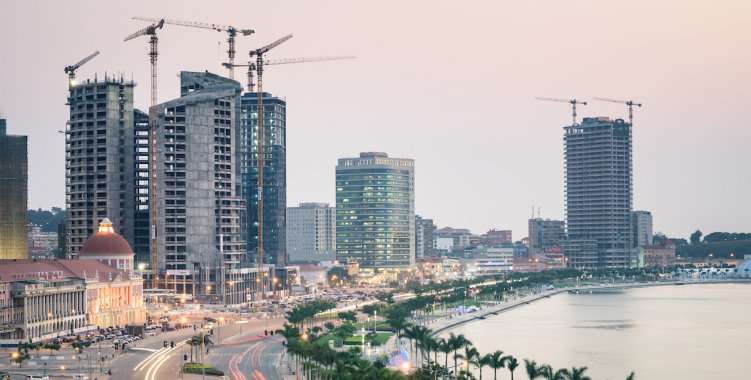The idea was put forward by the chairman of the board of directors of the Angolan Insurance Regulation and Supervision Agency (ARSEG), Elmer Serrão, who believes that the country needs to critically and strategically consider the opportunities that have yet to be seized.
Multilateral agencies "currently account for more than 85 percent of the international aid channeled to Angola. Even so, our country only receives around one percent of the global aid destined for Africa, and this fact forces us to reflect," the official stated.
Speaking at the opening of a conference on "Multilaterals and Development Financing", representing the Minister of Finance, the chairman of ARSEG considered that the country "needs to position itself better and act with more ambition" in order to obtain more financing.
To this end, he noted, "it is essential to strengthen the capacity to negotiate and absorb funds, qualify the projects submitted, improve predictability and speed in implementation and align external financing with national priorities."
Elmer Serrão also highlighted the need to effectively communicate the results obtained and the impact of interventions, stating that attracting more resources also implies "greater internal ambition".
"It implies strategic planning, disciplined execution and accountability", the official pointed out, arguing that this is a joint effort, which requires more capable public institutions, a more involved private sector and international partners more sensitive to the country's realities and aspirations.
In his speech, at this meeting promoted by the magazine Economia & Mercado and the consultancy PricewaterhouseCoopers (PwC), Serrão stated that the role of multilateral agencies goes beyond simple financing: it translates into technical assistance, sharing of good practices, creation of synergies (...), inclusion and good governance.
In the case of Angola, this role [of multilateral institutions] "has been particularly relevant", he stressed, noting that cooperation with the World Bank (WB), the International Monetary Fund (IMF) and the African Development Bank (ADB) has contributed to strengthening public finances, promoting structural reforms and financing vital sectors such as education, health, energy, agriculture and climate resilience.
He also considered that African countries should assert their voice, "in this era in which the international financial architecture is under review", and in doing so propose solutions to actively participate in the construction of a new development narrative.
The Ministry of Finance is committed to this path – to maximise the use of multilateral financing, doing so with focus, rigour and impact, concluded Elmer Serrão.







